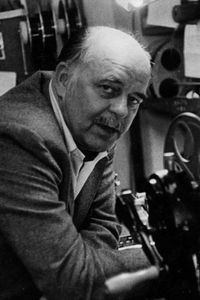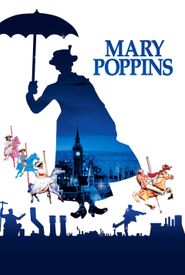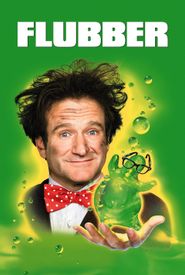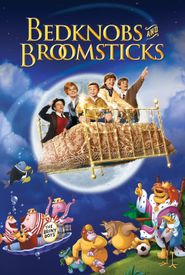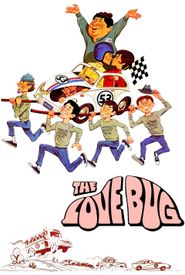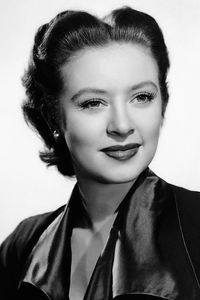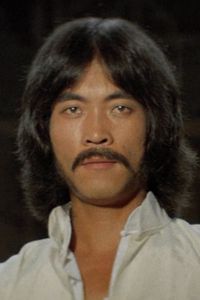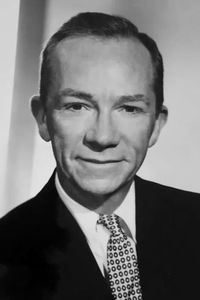Bill Walsh was born in New York City to immigrant parents, his father hailing from Canada and his mother from Ireland. During his teenage years, he resided with relatives in Cincinnati, Ohio, before attending the University of Cincinnati.
In 1933, Walsh joined the stock touring company of the husband-and-wife team Barbara Stanwyck and Frank Fay as a writer, but the couple's divorce the following year left him stranded in Hollywood with no job and no prospects. He eventually found work as an agent for a publicity agency, representing notable clients such as ventriloquist Edgar Bergen.
Walsh's career took a significant turn in 1943 when he joined Walt Disney Studios, initially working in both the Publicity and Story departments. One of his responsibilities was writing jokes for the syndicated Mickey Mouse comic strip, a task he continued to undertake on a voluntary basis for over two decades.
Walsh's association with Bergen led to the ventriloquist's involvement in various Disney cartoons and television shows. Walt Disney, who initially viewed television as a means to promote his films, was impressed by Walsh's publicity expertise and appointed him to head the studio's television division. Walsh's first few projects were met with resounding success, and when Disney made a deal with ABC Television to invest in Disneyland in exchange for developing a television series, Walsh was chosen as the show's producer.
The series, titled The Mickey Mouse Club, premiered in 1955 and was developed largely by Walsh, with minimal input from Disney, who was more focused on the development of Disneyland. Walsh was responsible for hiring both the child performers and adult hosts, creating the show's format, and designing the iconic Mousketeer "ears" worn by the performers.
After several seasons on The Mickey Mouse Club, Walsh decided to transition out of television production and focus on producing live-action films. He went on to produce a number of Disney comedies and adventure films, including the critically acclaimed and commercially successful Mary Poppins in 1964. However, many of the films he produced were met with criticism for being dull and low-quality, contributing to Disney's reputation for churning out unimaginative and repetitive films.
Despite this, Walsh and Walt Disney remained close until Disney's passing in 1966. Bill Walsh died of a heart attack in 1975.
